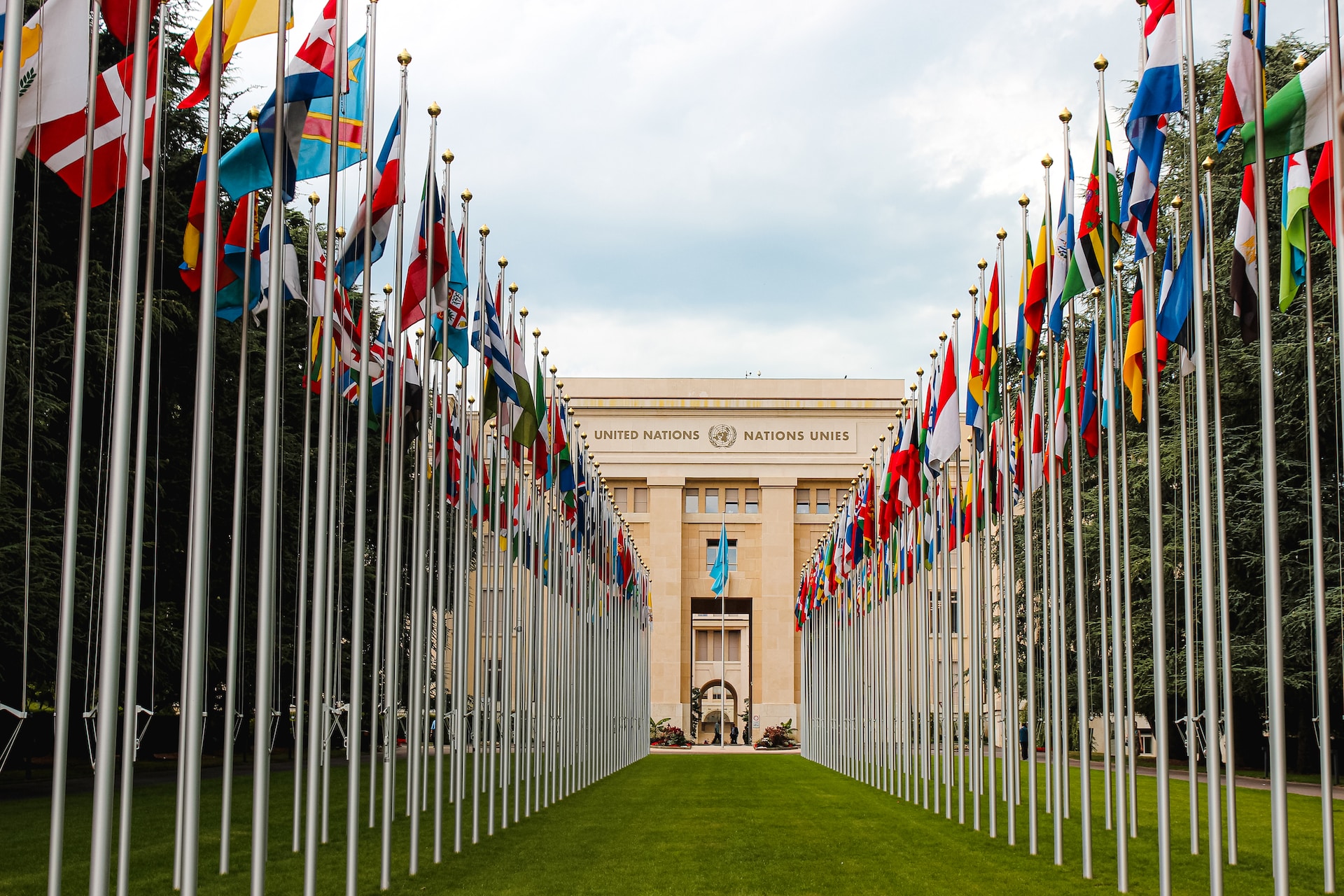
Comment Writer Emma Gilland explores the hypocrisy of allowing Russia to be on the UN Security Council
Just over a month ago, Russia became the president of the United Nations Security Council despite its invasion of Ukraine. Since the invasion of Ukraine, Russia has brought to light many of debates about the hypocrisy and the structural deficiencies of the UN. However, I think it is becoming clear that these cannot be resolved without the collapse of the institution as a whole. As a supranational organisation aiming to promote international peace and security, when failing to hold Russia accountable, it is clear it has a limited role.
There are growing questions over the integrity of the UN Security Council and its function in the present international order, as its inability to take action or hold Russia to international law has questioned its current function.
I would argue that the hypocrisy of having Russia, a country that has now committed a range of human rights violations and destroyed the principle of territorial integrity, at the seat of the organisation to drive international peace and security is a fundamental threat to the stability of the organisation as a whole. As argued by Sergiy Kyslytsya (Ukrainian representative), there is a danger that ‘everybody will get accustomed to this new level of global hypocrisy’, fundamentally undermining belief in the institution.
“The invasion of Ukraine demonstrated both a gross violation of human rights and international law
In April 2022 the United Nations Human Rights Council voted in favour of expelling Russia from the council, as the invasion of Ukraine demonstrated both a gross violation of human rights and international law. This has been seen as necessary in order to preserve the integrity of the human rights council, as without the ability to hold states accountable what is its purpose?
The purpose of the United Nations, and specifically the Security Council, is to maintain international order and the sovereignty of states. It is aiming to legitimise and institutionalise global norms and order. Therefore, to have such an obliteration of the fundamental norms of territorial integrity renders much of the purpose of these institutions useless.
The use of UN forces requires the authority of the collective Security Council decision, with all five permanent members affirming action. Therefore the presence of Russia is rendering the action of the body useless. As despite the 141 states that have condemned the action of Russia and demanded the withdrawal of the troops, no action can be taken. Furthermore, Russia should be expelled due to its abuse of power; as it has used the VETO power 143 times more than the other members.
Yet is this that different from previous abuses of power? The strength of Russia, and the US in previous aggressions against smaller states, questions whether the UN is truly acting in the name of international peace and stability or maintaining the status quo of power. The organisation of the security council is formulated to enhance the national interest of the larger states over smaller states. The only difference with Russia is that its interests oppose the dominant Western hegemony.
“The organisation of the security council is formulated to enhance the national interest of the larger states over smaller states.
Since Russia’s violation of international law, light has been shown to question the legitimacy of Russia on the seat of the council in the first place as it has never been legitimated since the collapse of the Soviet Union in 1991. Russia itself was not one of the founding members in 1945, as this was the Soviet Union. Russia was allowed onto the security council whilst the other breakaway nations were only admitted onto the general assembly. However, this can not be addressed as changing the structure of the security council today would upset the position of the other dominant nations and weaken the structure overall.
The issue of the Security Council is the structure, there is no way to remove Russia without the approval of all permanent members of which it is a member. There is no way to remove it without destroying the body itself. This can not be done due to the self-interest of the powerful states on the security council in maintaining their hierarchical role in the international order. Therefore, despite having the same grounds to remove as it did the human rights council, the historic structure makes it near impossible to achieve. And more importantly, the ability of Russia to maintain its aggression shows the ability of the global powers to maintain their power, the status quo of unequal relations.
Find more Comment articles here:
Birmingham’s latest plan will improve the city – but when will students benefit?
We Need Alcohol-Free LGBTQ+ Spaces
The Beauty Industry and Cosmetic Surgery: Influences and Pressures on the Postmodern Body
Comments